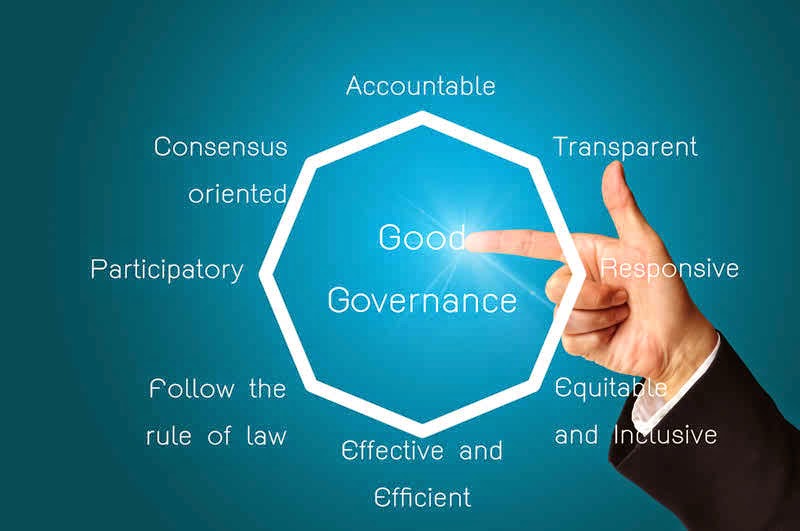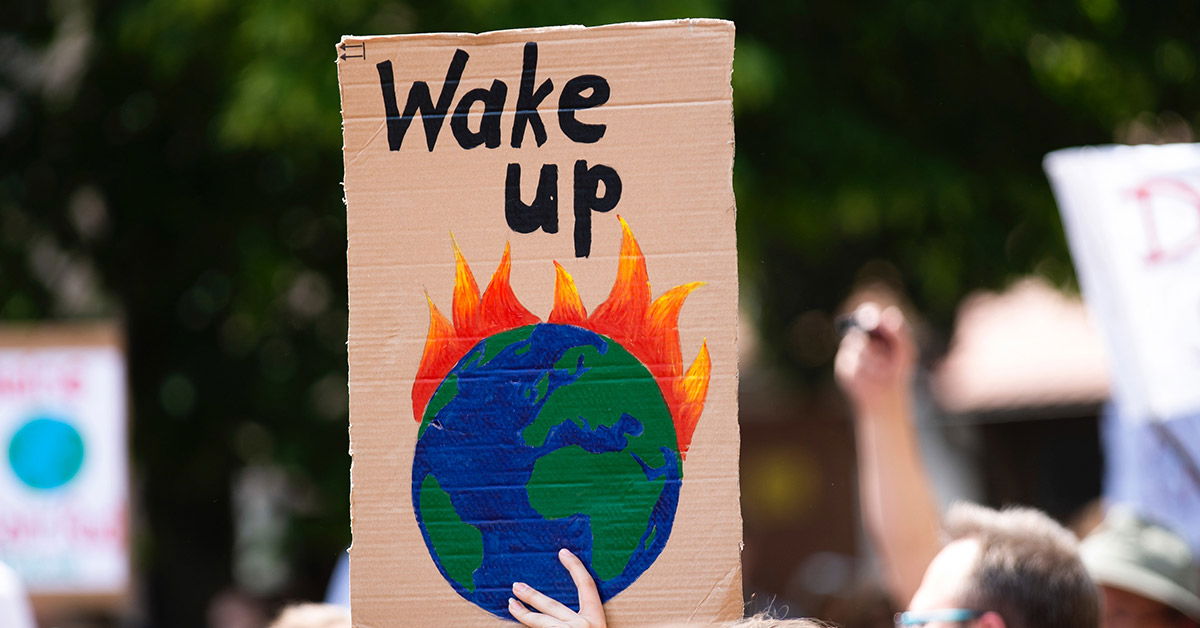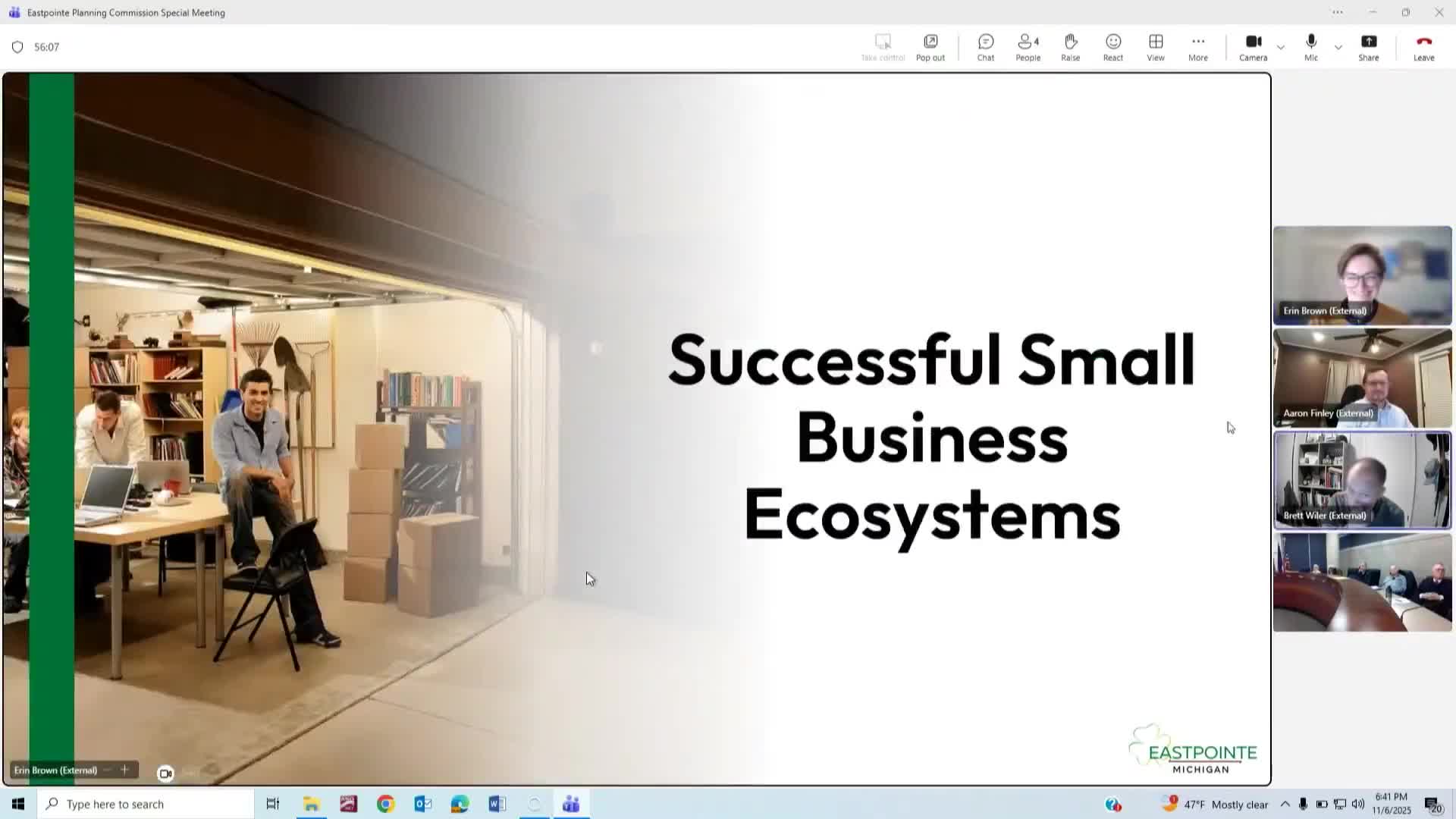An Injury to All – In These Times

Report on Recent Actions Against U.S. Labor Union Members and the Implications for Sustainable Development Goals
This report details recent incidents involving the detention and deportation of labor union members in the United States. These events are analyzed through the framework of the United Nations Sustainable Development Goals (SDGs), with a particular focus on SDG 8 (Decent Work and Economic Growth), SDG 10 (Reduced Inequalities), and SDG 16 (Peace, Justice and Strong Institutions).
1. Incidents Undermining Labor Rights and Institutional Justice
Recent federal actions against union-affiliated individuals represent a significant challenge to the principles of just and effective institutions. These incidents directly contravene the targets set forth in multiple SDGs.
- Kilmar Abrego Garcia: A member of the International Association of Sheet Metal, Air, Rail and Transportation Workers (SMART), was subjected to an extra-legal deportation to El Salvador. This action undermines SDG 16 by circumventing due process and the rule of law.
- David Huerta: The president of SEIU United Service Workers West was taken into federal custody during a rapid response action to an Immigration and Customs Enforcement (ICE) raid in Los Angeles. This arrest highlights the risks faced by those defending worker rights, impacting progress on SDG 8.
These events are indicative of a broader pattern of administrative actions that weaken institutional accountability and target organized labor, a key partner in achieving sustainable economic growth.
2. Violations of Core Sustainable Development Goals
The actions taken against these union members have direct and negative implications for the advancement of several key SDGs.
SDG 16: Peace, Justice and Strong Institutions
The disregard for legal due process in the case of Abrego Garcia and the detention of Huerta for exercising rights of assembly and protest are direct affronts to SDG 16. This goal calls for building effective, accountable, and inclusive institutions at all levels. Actions that bypass legal norms weaken these institutions and erode public trust, hindering the development of a just society.
SDG 8: Decent Work and Economic Growth
SDG 8 aims to promote full and productive employment and decent work for all. The targeting of union leaders and members creates an environment of fear and intimidation, which obstructs the right to organize and collectively bargain. A weakened labor movement is less able to advocate for fair wages, safe working conditions, and economic security, all of which are central tenets of SDG 8.
SDG 10: Reduced Inequalities
The administration’s focus on immigrant workers, who constitute a significant portion of the union membership, exacerbates existing vulnerabilities and directly conflicts with SDG 10. The labor movement’s response, uniting diverse members including immigrants, LGBTQ individuals, and others, represents a stand against discrimination and a push for a more inclusive society where inequalities are actively reduced.
3. Labor Movement’s Response: Forging Partnerships for the Goals (SDG 17)
In response to these challenges, the American labor movement has demonstrated a renewed commitment to coalition-building, reflecting the spirit of SDG 17 (Partnerships for the Goals). This involves creating strategic alliances to defend democratic principles and advance a shared vision for a more equitable society.
- Unified Demands: Unions such as North America’s Building Trades Unions (NABTU) and SEIU have launched national campaigns demanding due process for all immigrants and defending the right to free speech and protest for all workers.
- Broad Coalitions: The formation of groups like the National Labor Network for Ceasefire and the May Day Strong coalition, anchored by the Chicago Teachers Union and others, illustrates a cross-sectoral partnership aimed at achieving common goals related to peace, justice, and labor rights.
These collaborations are essential for mobilizing the collective power needed to defend the constitutional order and simultaneously work towards a transformative new economic model anchored in multiracial democracy and sustainable development.
Conclusion: A Pivotal Moment for Labor and Sustainable Development
The current crisis presents the U.S. labor movement with a critical opportunity. By defending its members against unjust actions, it is also defending the foundational principles of the Sustainable Development Goals. The movement’s ability to protect workers’ rights, advocate for institutional justice, reduce inequality, and build strong partnerships will be pivotal in shaping a future that aligns with a sustainable, inclusive, and democratic economic order.
SDGs Addressed in the Article
SDG 8: Decent Work and Economic Growth
- The article’s central theme is the struggle of the labor movement and the rights of workers. It discusses the “International Association of Sheet Metal, Air, Rail and Transportation Workers” and “SEIU United Service Workers West,” highlighting a “decades-long campaign to weaken workers and their unions.” The defense of labor rights, including the “right to organize,” is a core component of SDG 8.
SDG 10: Reduced Inequalities
- The article explicitly points to inequalities based on origin and identity. It mentions that union members in the administration’s crosshairs include “immigrants, LGBTQ people, people seeking reproductive healthcare.” The case of Kilmar Abrego Garcia, an immigrant member of a union who was kidnapped and deported, and the call for “due process rights of all immigrants,” directly relate to reducing inequalities faced by vulnerable groups, particularly migrants. The call for a “new constitutional and economic order anchored in multiracial democracy” also aligns with this goal.
SDG 16: Peace, Justice and Strong Institutions
- This goal is addressed through the article’s focus on the breakdown of justice and the rule of law. The “illegal kidnapping and rendition” of a union member, the “unlawfully detained and imprisoned just for speaking out,” and the administration’s battle against “co-equal branches of government” all point to a crisis in institutional integrity. The response from unions, demanding “due process rights,” “free speech for workers,” and defending the “right to organize and protest,” represents a pushback to strengthen justice and fundamental freedoms.
Specific SDG Targets Identified
Targets under SDG 8: Decent Work and Economic Growth
- Target 8.8: Protect labour rights and promote safe and secure working environments for all workers, including migrant workers…
This target is central to the article. The “baselessly and brutally attacking union members and leaders,” the “attacks to diminish labor power,” and the specific targeting of an immigrant union member (Abrego Garcia) directly contravene the protection of labor rights. The union’s response, including campaigns to defend the “right to organize,” is an effort to uphold this target.
Targets under SDG 10: Reduced Inequalities
- Target 10.3: Ensure equal opportunity and reduce inequalities of outcome, including by eliminating discriminatory laws, policies and practices…
The article describes a system that is not working for working people and a “broken system” for immigrants. The targeting of individuals based on their status as immigrants or their role as labor leaders points to discriminatory practices that this target aims to eliminate. - Target 10.7: Facilitate orderly, safe, regular and responsible migration and mobility of people…
The “extraordinary (and illegal) kidnapping and rendition to El Salvador” of Kilmar Abrego Garcia is a direct violation of safe and orderly migration. The mention of “ICE raid of a garment warehouse” and the union’s role in “rapid response to immigration raids” highlight the unsafe and precarious conditions faced by migrants, which this target seeks to address.
Targets under SDG 16: Peace, Justice and Strong Institutions
- Target 16.3: Promote the rule of law at the national and international levels and ensure equal access to justice for all.
The article’s references to “illegal kidnapping,” “unlawfully detained and imprisoned,” and the union’s demand for “due process rights of all immigrants” directly connect to the principles of rule of law and access to justice. The events described show a failure to uphold these principles for certain individuals. - Target 16.10: Ensure public access to information and protect fundamental freedoms, in accordance with national legislation and international agreements.
The unions’ demands for “free speech for workers” and the defense of the “right to organize and protest” are fundamental freedoms protected by this target. The article notes that members have been imprisoned “just for speaking out,” indicating that these freedoms are under threat.
Indicators for Measuring Progress
Indicators for SDG 8 Targets
- Implied Indicator for Target 8.8: The article implies progress could be measured by tracking the “number and nature of attacks on union members and leaders.” The specific cases of Abrego Garcia’s kidnapping and Huerta’s arrest serve as qualitative data points for this indicator. A reduction in such incidents would signify progress.
Indicators for SDG 10 Targets
- Implied Indicator for Target 10.7: The number of “unlawfully detained and imprisoned” migrants or those subject to “illegal kidnapping and rendition” can serve as a direct indicator. The case of Abrego Garcia is a specific instance that could be tracked as part of this indicator.
Indicators for SDG 16 Targets
- Implied Indicator for Target 16.3: The existence and enforcement of “due process rights” for all individuals, especially immigrants, is a key implied indicator. The article highlights a lack of due process, suggesting that the establishment and consistent application of such rights would be a measure of progress.
- Implied Indicator for Target 16.10: The number of individuals “detained and imprisoned just for speaking out” or for exercising their right to protest can be used as an indicator. The arrest of David Huerta “while participating in a rapid response” is a clear example that could be measured to track the protection of fundamental freedoms.
Summary of SDGs, Targets, and Indicators
| SDGs | Targets | Indicators (Implied from Article) |
|---|---|---|
| SDG 8: Decent Work and Economic Growth | 8.8: Protect labour rights and promote safe and secure working environments for all workers, including migrant workers. | Frequency and severity of attacks on union members and leaders (e.g., kidnappings, arrests). |
| SDG 10: Reduced Inequalities | 10.3: Ensure equal opportunity and reduce inequalities of outcome by eliminating discriminatory policies and practices. | Reports of discriminatory actions against vulnerable groups (e.g., immigrants, labor activists). |
| 10.7: Facilitate orderly, safe, regular and responsible migration and mobility of people. | Number of individuals subject to illegal kidnapping, rendition, or unlawful detention during immigration enforcement. | |
| SDG 16: Peace, Justice and Strong Institutions | 16.3: Promote the rule of law and ensure equal access to justice for all. | Incidents where due process is denied, particularly for immigrants and activists. |
| 16.10: Ensure public access to information and protect fundamental freedoms. | Number of individuals arrested or imprisoned for exercising their right to free speech and protest. |
Source: inthesetimes.com

What is Your Reaction?
 Like
0
Like
0
 Dislike
0
Dislike
0
 Love
0
Love
0
 Funny
0
Funny
0
 Angry
0
Angry
0
 Sad
0
Sad
0
 Wow
0
Wow
0













































































